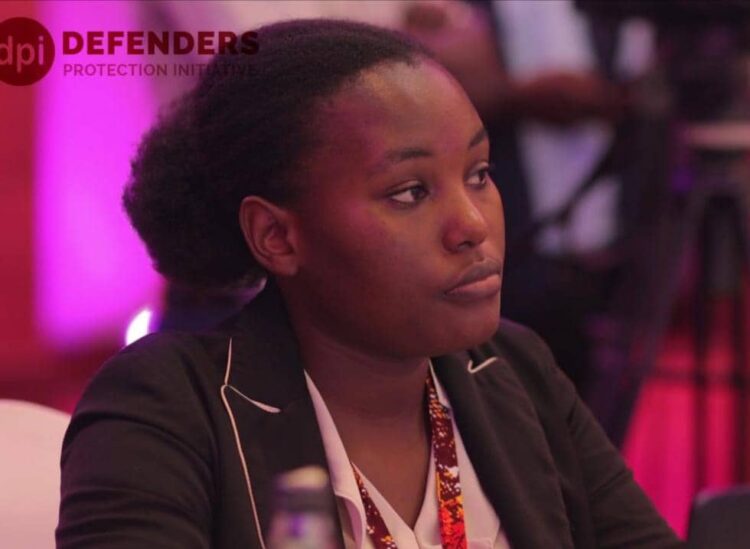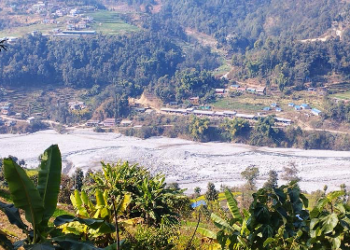OPINION
In recent years, climate justice has become a rallying cry from boardrooms to protest matches. It appears in policy papers, corporate sustainability reports, and global climate negotiations.
While the term has become mainstream, its meaning has often been diluted, reduced to vague commitments to equity and inclusion in climate action.
True climate justice, however, cannot exist without reparatory justice. To treat them as separate is to misunderstand the very roots of the climate crisis and to perpetuate the same historical injustices that made it possible in the first place.
Notably, the climate crisis is not a naturally occurring disaster, it is a human made emergency, built on centuries of colonial extraction, environmental plunder, and exploitation of people and land. The countries and corporations most responsible for historical emissions grew rich through colonialism, slavery, and industrial expansion fuelled by cheap Labor and stolen resources.
Today, the countries least responsible for climate change particularly Africa, bear the worst consequences. From rising sea levels and prolonged droughts to deadly heatwaves and loss of biodiversity, these regions are suffering environmental, economic, and cultural losses that they did not cause and cannot afford to fix on their own.
This is not just a problem of carbon; it’s a problem of justice. Any attempt of climate justice that does not acknowledge and address this unequal history is incomplete at best and performative at worst.
Thus, reparatory justice calls for the repair of historical harm material, cultural, psychological, and ecological. It involves more than just financial compensation. It means transferring resources, decision making power, and technology to the communities that have been marginalized by centuries of extractive systems. It means debt cancellation, land restitution, and funding for loss and damage, not as charity, but as a matter of historical accountability.
Crucially, reparatory justice reframes the narrative. It doesn’t ask how can we help the vulnerable, but rather, what is owed to those who were made vulnerable through systems we still benefit from.
For example, when Caribbean nations call for climate reparations, they are not asking for handouts. They demanding that the countries most responsible for climate change recognize heir ecological debt and respond accordingly with grants not loans, with solidarity not saviorism.
Although states have passed various climate policies that emphasize market-based solutions, carbon offsets, net-zero targets, green finance as the pathway to justice, these policies have entrenched inequality. When carbon offset programs push indigenous communities off their land in the name of conservation, or when infrastructure is built on backs of exploited Labor in the Global south, we must ask: Justice for who?
This is a clear indication that technocratic solutions can reduce emissions without ever addressing the underlying systems of colonialism, capitalism and racism that caused the crisis. That is not climate justice, it is climate management
Climate justice, at its core, demands repair. Not just of ecosystems, but of relationships between people, between nations and humanity, and the planet. Without reparatory justice, the climate movement risks replicating the very hierarchies it seeks to dismantle.
However, this does not mean climate action should be paralysed until reparations are paid. It means that any serious climate action must embed reparatory principles into its foundation not as an aforethought, but as a starting point.
Therefore, the path to a liveable planet is inseparable from the path to a just one. We cannot engineer our way out of climate collapse without confronting the colonial legacies and economic systems that got us here. Climate justice without reparatory justice is not justice, it is greenwashing inequality.
If the global community is truly committed to climate justice, then it must be committed to repair. Only then can we build a future that is not only sustainable, but fair.
By Phionah Ndyamuhaki
Email: ndyamuhakiphionah3@gmail.com








































